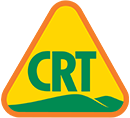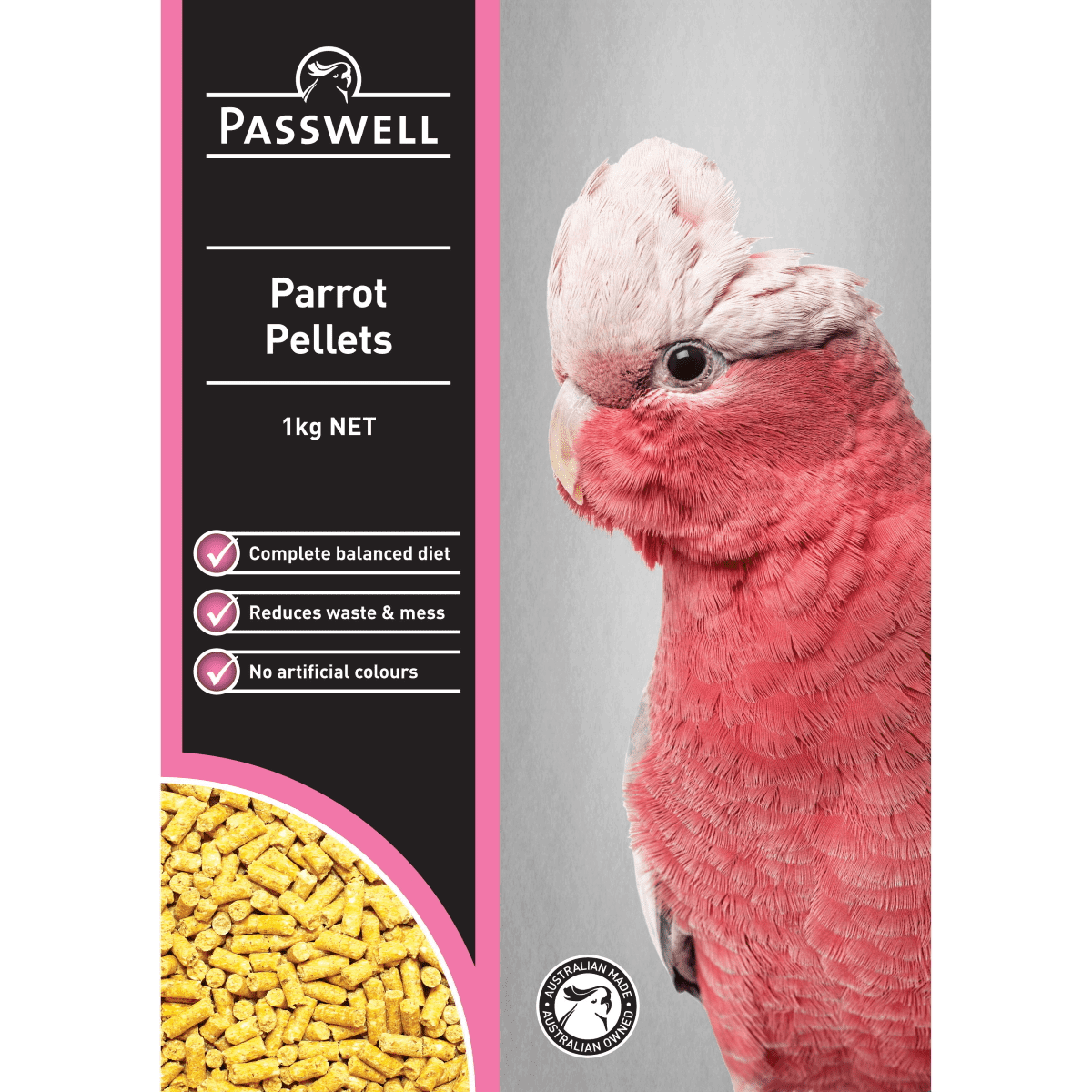
-
Products
-
Animal Health
- Alpaca/Goat/Sheep
- Aquarium
- Bird
- Cat
- Cattle
- Dog
- Guinea Pig & Small Animal
- Horse
- Pig
- Poultry
- Electric Fencing Supplies
- Equine
- Fencing
-
Gardening
- Fertilisers
- Fruit Fly Management
- Fungicides
- Garden Equipment
- Herbicides
- Insecticides
- Lawn & Pasture Seeds
- Organic Gardening
- Personal Protective Equipment
- Potting Mixes, Composts, Mulches & Manures
- Spray Dyes
- Sprayers
- Surfactants / Adjuvants
- Garden Hand Tools
- Water Saving Products
- Watering Accessories
- Home & Hardware
- Livestock Handling
- Pet Accessories
- Pool Supplies
- Poultry Supplies
- Produce & Stockfeed
- Pumps & Irrigation
- Rainwater Tanks
-
Animal Health
- Latest Specials
- Blog
- About Us
- Contact
- Promotions
Helping You Grow

